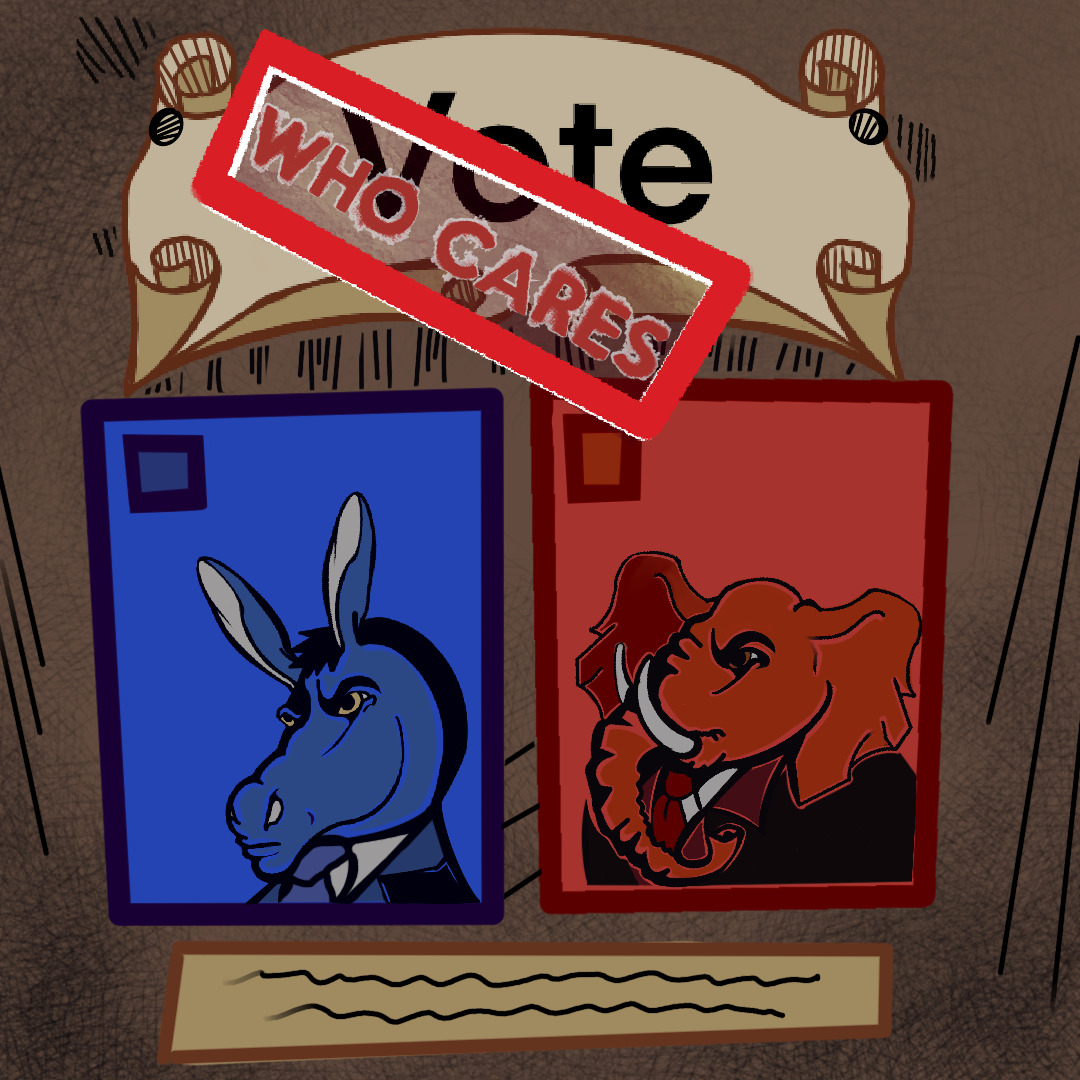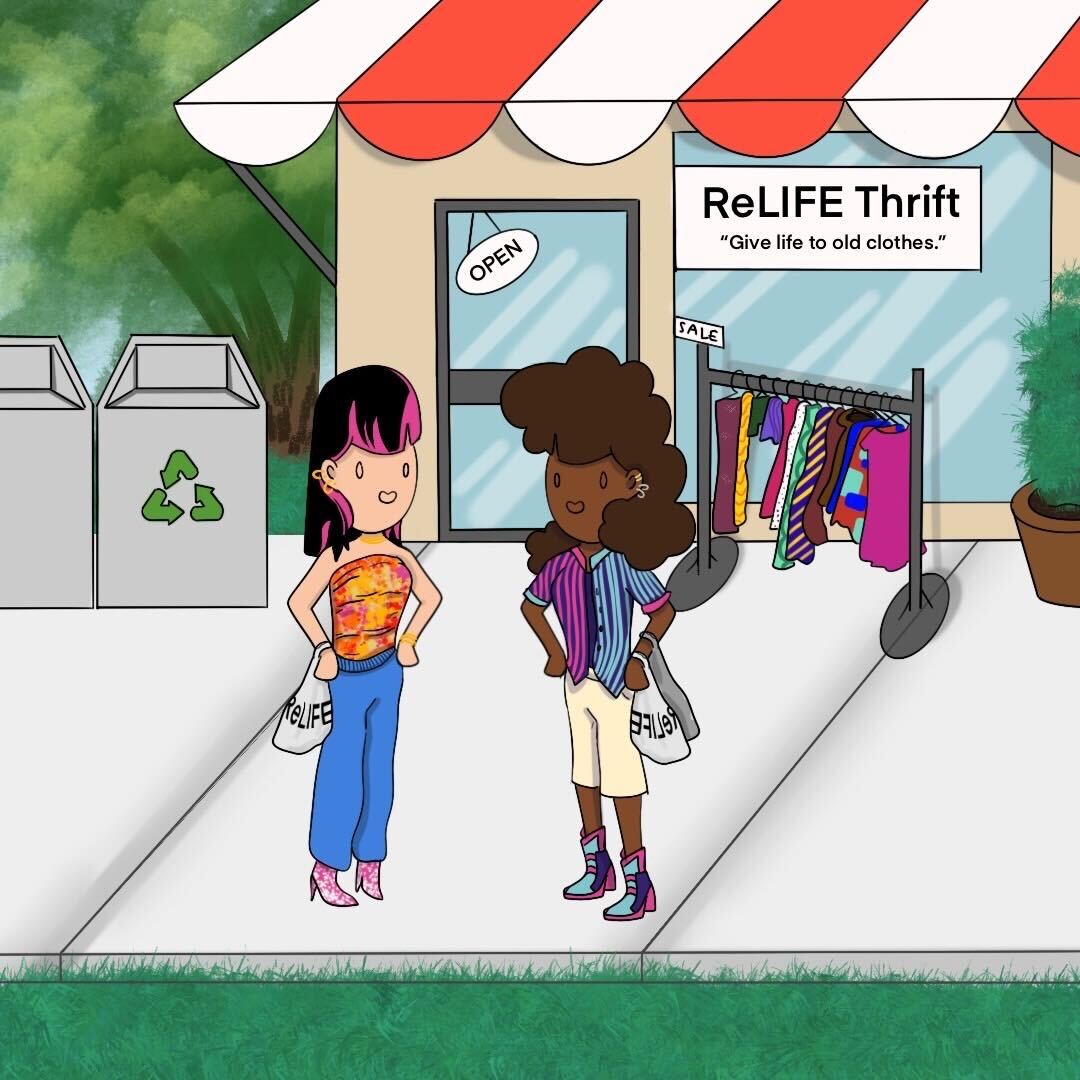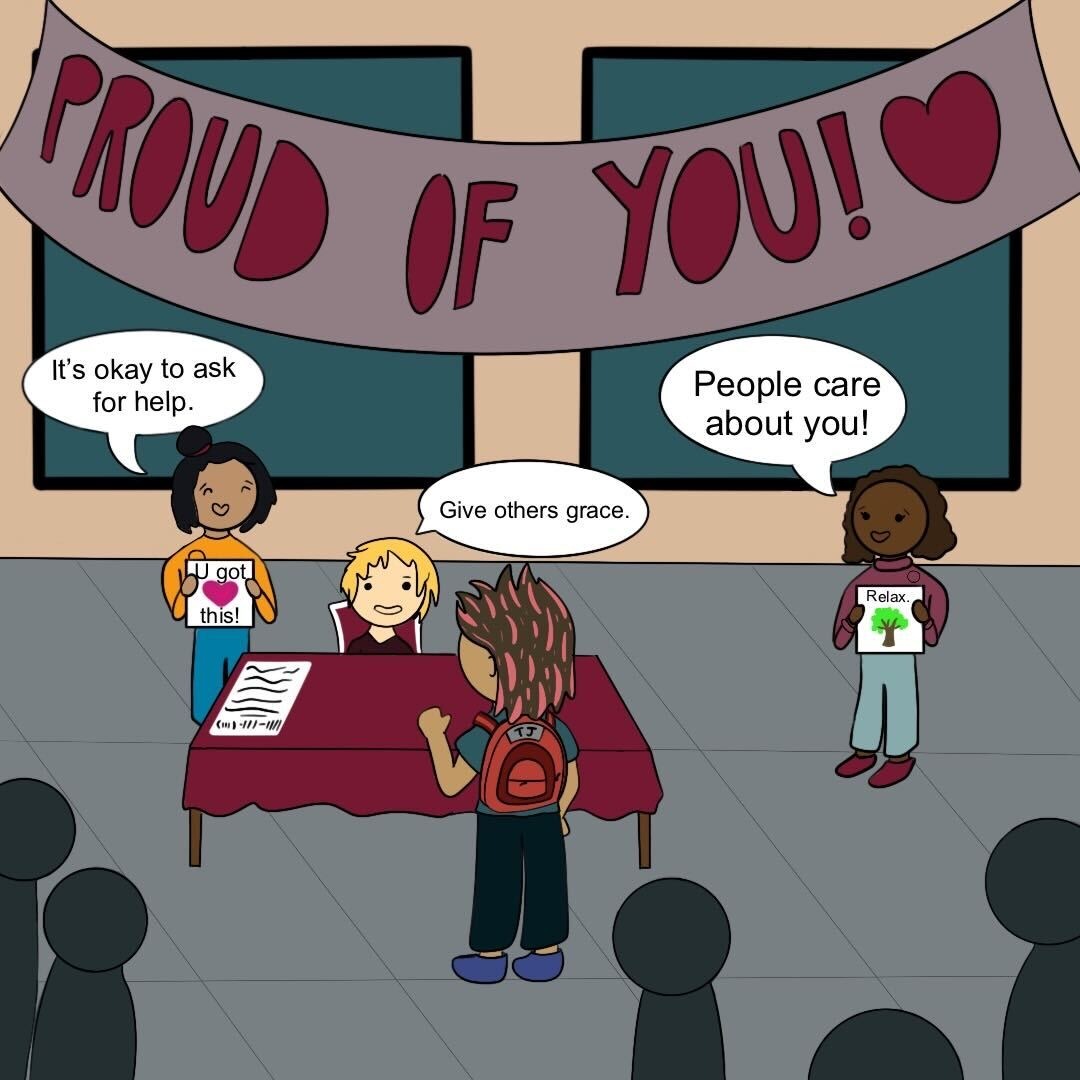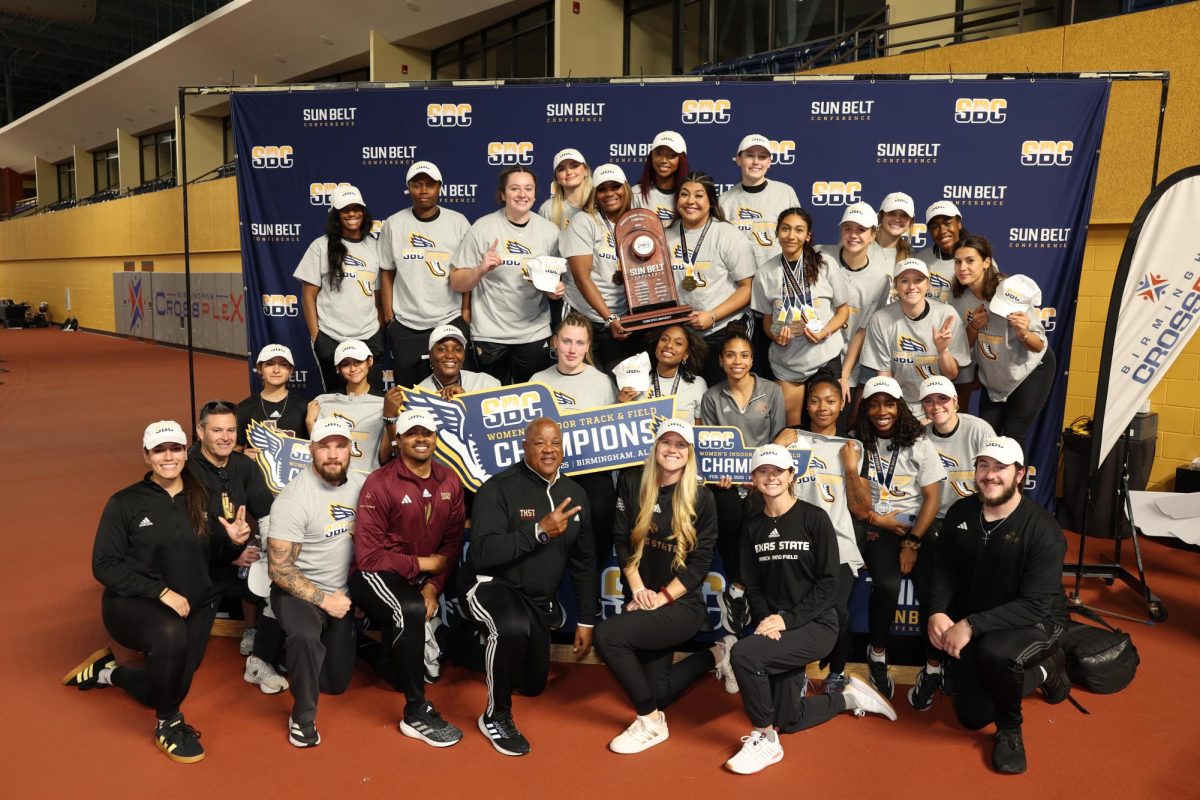Students entering college are either 18 years old or are only a short period away from turning it. This mark of adulthood comes with plenty of new benefits; one new perk is the right to vote.
College-aged students are often the newest to join the voter population, making them one of the most valuable voices for politicians to try and sway in their favor. The new generation of the electorate doesn’t have a stake in either donkeys or elephants; they want to work toward a better future.
Still, in spite of politicians’ various efforts to win the hearts of Gen Z voters, research shows that a majority of the young electorate shows little faith in their current government.
The Sine Institute, in a study, interviewed approximately 1,500 people aged 18-34, shedding some light on young voters’ sentiments in relation to their government. About half of the respondents believe the government is more likely to impede their life goals, compared to a quarter believing it helps. On top of this, about a third of respondents felt they were worse off than their parents when it came to having a functional, representative government.
Across both sides of the political spectrum, practically every popular politician sports a higher disapproval than approval rating, suggesting that America’s young voters show little enthusiasm for any of the front-running representatives. It’s clear the general consensus on the political future for these young voters is rather bleak.
Contrary to the negative view of politics displayed, young voters showed out in record numbers for the 2020 presidential election, with CNBC reporting over half of the eligible electorate casting a vote. A Pew Research article shows that Gen Z made up 8% of the electorate in the 2020 presidential election, meaning they account for nearly a tenth of all ballots cast. Even without the adrenaline of a presidential election, NPR found that similar patterns persisted for the 2022 midterms.
Gen Z is continuously setting records for youth voter turnout and making their presence known at the polls, so the question remains: why is their political outlook so dreary?
The Sine Institute study emphasized a bipartisan disapproval for the respective leaders of each political party. The Democratic Party is currently being led by an 80-year-old man, one that can barely relate to his young adult voter base. Across the aisle, the Republican Party’s most recent leader has just been arrested, his mugshot sparking a significant cultural event.
Young voters aren’t ecstatic about any of the names on the ballot. While this could easily be pinned onto the individual candidates, it might be worth looking at it as an issue with party politics as a whole.
Almost since its inception, the American electoral system has operated on the basis of two competing sides taking the bulk of voters, with very minimal interruption from any third parties.
From the Libertarians to the Green Party, many unorthodox candidates have tried their hand in the presidential election, but never get the mainstream support to put up a fight. Since the 1850s, the two forces touching gloves have been the Democratic and Republican Party, and though they’ve gone through some changes, the general system hasn’t.
If both sides feel insufficient to young voters, party politics deserve a degree of scrutiny. Limiting choices to two options, which seldom differ greatly from one another, narrows the scope of how they can utilize their vote. Such restrictions will naturally create some reluctance.
Politicians must move past small college tours or finding better insults than their opponent. Young voters need to see an electoral system that works for them, one that speaks to the issues close to their hearts.
Elections might feel like they’re based off derogatory accusations, encouraging the mentality of choosing one candidate solely because they’re slightly less disappointing than their opponent. It isn’t effective and it doesn’t solve any of the problems young voters care about.
Gen Z is only going to make up a larger fraction of the electorate as the years go on. If politicians want to keep the record voting numbers that have been present in recent years, they need a new approach. Really, these voters are just looking for hope. The party system is over; it’s time to move on from our traditional red and blue banners.
-Samuel Marentes is an English junior
The University Star welcomes Letters to the Editor from its readers. All submissions are reviewed and considered by the Editor-in-Chief and Opinions Editor for publication. Not all letters are guaranteed for publication.


















Rick Kennedy • Jan 8, 2024 at 7:46 am
I wholeheartedly agree that the two dominant parties in our politics are not presenting candidates that appeal to Gen Z-ers, or for much of the general electorate for that matter.
Over the years, the Republican and Democratic parties have combined to corrupt our electoral processes, through gerrymandering, partisan primaries, and barriers to ballot access for new parties and independent candidates, to the point that candidates and incumbents are incentivized to exhibit the behavior you cite. The only way to oust an incumbent of the favored party in a gerrymandered district is to run further left or right of them and beat them in the primary. The incumbents have subsequently moved further left or right to prevent that. Over time, the center-left and center-right – where the majority of Americans’ politics lie, have been vacated.
The process of vacating the center has accelerated dramatically in Gen Z-ers’ lifetimes, as advances in technology have made the advantages of gerrymandering essentially insurmountable for a candidate of the unfavored party in a given district, meaning that the primary of the favored party selects the representative – resulting in minority rule.
Unless and until we change these incentives, nothing in our politics will change.
As a two-time candidate for Congress, I saw enough of the machinations of the major parties to know that the necessary changes will not come from them, which is why we’re starting a new one dedicated to reforming our electoral processes and changing the incentives that drive our representatives’ behavior.
I’m on the cusp of Boomers/Gen X, but my kids are Gen Z-ers, and in fact attend Texas State, so I share your concerns. I live right here in San Marcos and would be happy to discuss the state of our politics and what we might do about it with you Samuel, or anybody else interested. I can be reached at [email protected].